Market Trends
Key Emerging Trends in the Aviation Crew Management Systems Market
The Aviation Crew Management Systems market is experiencing revolutionary changes that are transforming the manner in which airlines operate their crew resources and optimize operational efficiency. In this industry, there is a significant shift towards using cloud-based crew management solutions. Airlines are moving away from on-premise systems to cloud-based platforms that facilitate real-time accessibility to crew data, collaboration and scalability. This trend shows that the airline industry has recognized the benefits of embracing cloud technology such as increased flexibility, reduced infrastructure costs and the ability to integrate seamlessly process of managing crews in various operating environments.
Another notable trend is the incorporation of artificial intelligence (AI) and machine learning (ML) into crew management systems. Airlines are taking advantage of these sophisticated technologies to improve crew scheduling, predict disruptions and enhance decision-making processes. The use of AI and ML algorithms helps in studying historical data, spotting patterns, and offering smart suggestions for crew assignments. This trend indicates a move toward more intelligent ad adaptive aircraft-managing solutions thus availing innovation and efficiency into workforce planning as well as utilization.
There is an increasing demand for mobile-centriccrew management solutions in the Aviation Crew Management Systems market as there have been several influential trends. Airline companies are investing in mobile applications that provide instant access for all flight attendants through schedules updates, among others. Mobile-centric approach coincides with the industry’s aim at advancing communication among crews while enhancing their satisfaction along with flexibility during flights since it keeps them connected without any challenge hence improving general aircraft management.
Additionally, integration and interoperability have become more prevalent trends among the Aviation Crew Management Systems market players. Airlines look for integrated solutionsthat can be easily combinedwith other operations such as flight operations, maintenanceand customer service.In this regard interoperability provides a complete view about all information related to pilots or/and cabin crews across different departments facilitating better coordination between them.This development emphasizes on comprehensive and interconnectednessof airline’s staff organization aimed at enhancing overall operation efficiency.
The rise of fatigue risk management as an integral part of crew management is changing the trends in the industry. In response to this, airlines are incorporating fatigue risk assessment tools and functionality within their crew management systems to monitor and mitigate the impact of fatigue on crew members. The trend highlights an increased focus on crew welfare, safety, and compliance as airlines seek measures to enhance crew rest and manage fatigue-induced risks during flight operations.
Furthermore, data-driven decision-making has become a trend that has shaped the evolution of Aviation Crew Management Systems. Airlines are utilizing analytics and data insights to optimize crew utilization, improve scheduling accuracy, and enhance overall operational efficiency. Data-based decisions made by airline companies help in; improving working time rules compliance for pilots and cabin crews; productivity of aircrews; thus improving compliance with requirements stipulated by law pertaining aviation regulatory agencies; as well as enhancing general operating performance.
Notable among these trends is an increasing emphasis on regulatory compliance and crew legality in Aviation Crew Management Systems market. This calls for adoption of automated compliance monitoring systems by airlines that ensure adherence to complex duty time limitations (DTLs) or rules related to minimum inputs(AFP). This trend underlines the commitment of the industry towards adhering to aviation regulations in order not be penalized due non-compliance while optimizing work schedule under existing legislations for crews.
In addition, the study identifies the progressing significance of cybersecurity in aviation crew management systems. Crew schedules, personal details and operational plans are some of the sensitive information handled by these systems hence strong cyber security measures is a must. In addressing probable threats and maintaining confidentiality and integrity of crew management data, airlines and solution providers have resorted to investing in sophisticated cyber security technologies.”


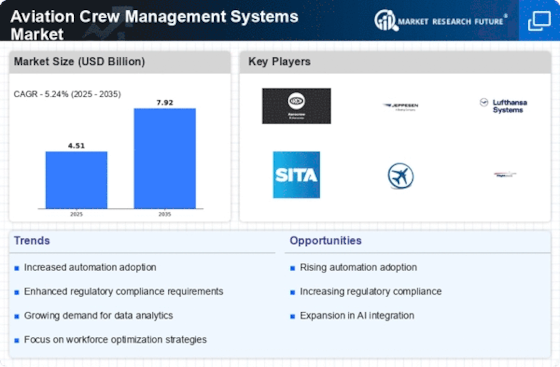

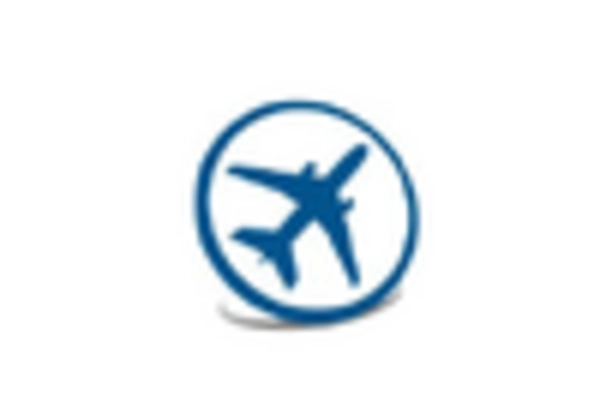
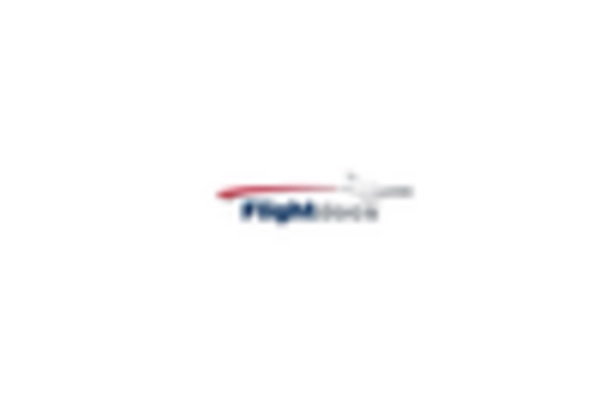
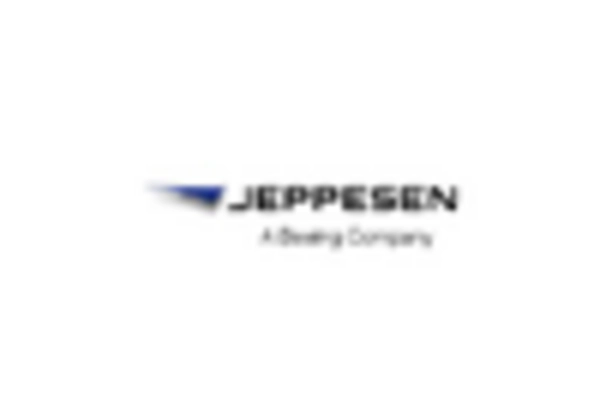
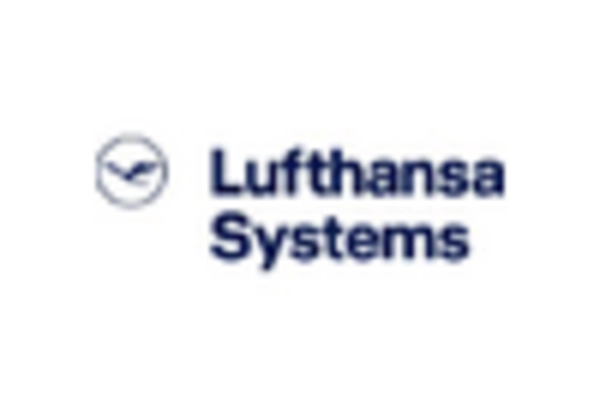
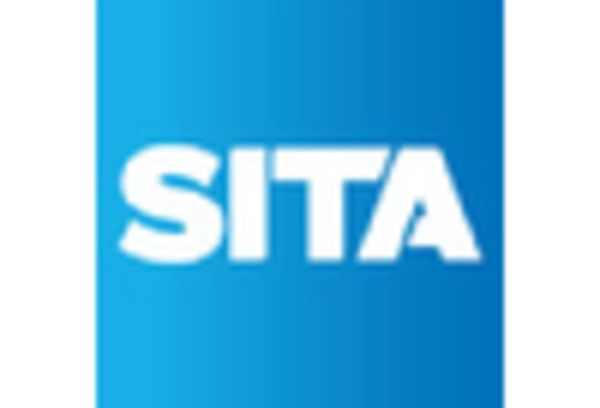










Leave a Comment